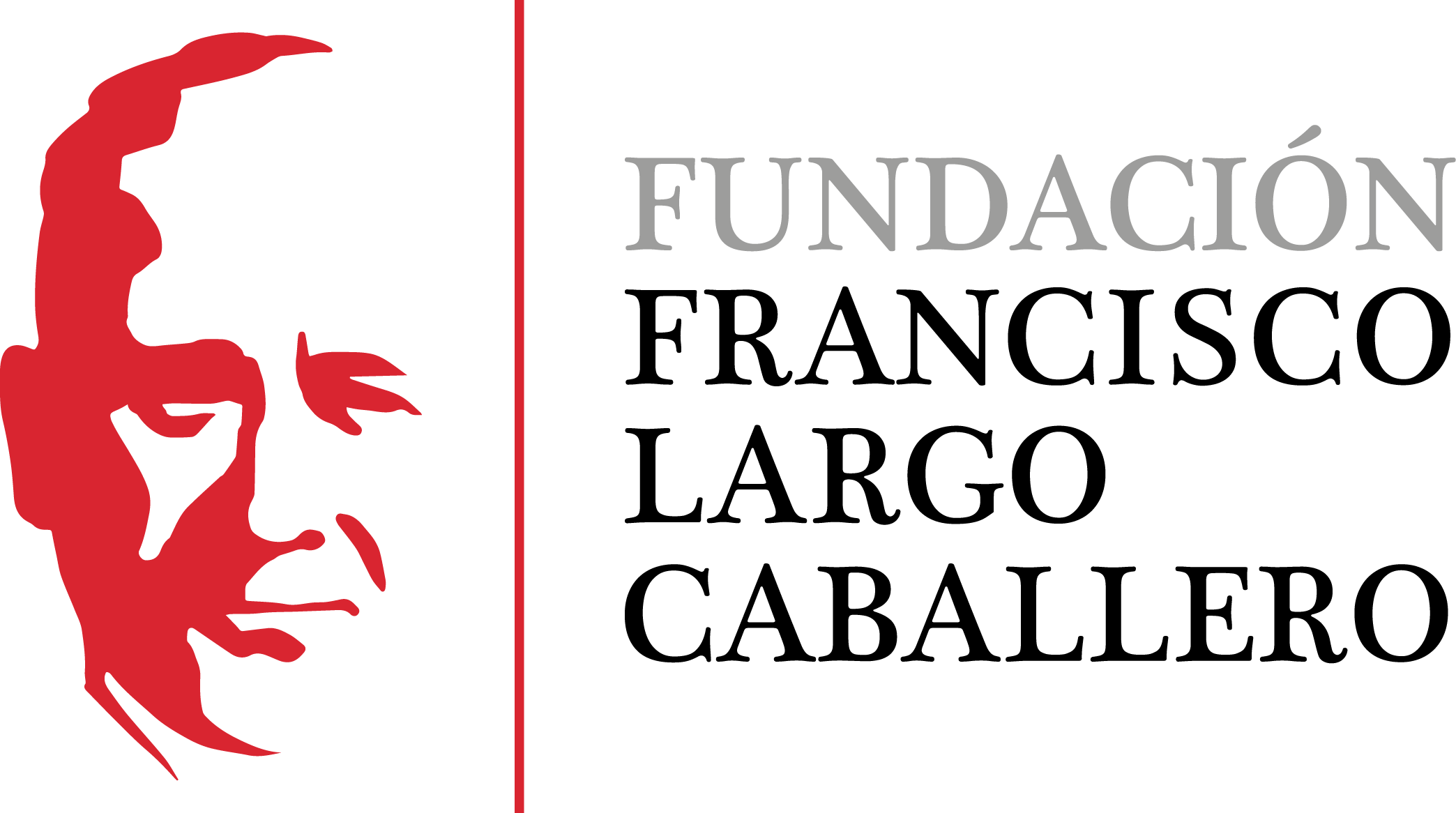The troubled encounter between postcolonialism and African History
DOI:
https://doi.org/10.69791/rahc.182Keywords:
Postcolonial studies, African history, historiogrpahical debate, postmodernismAbstract
This paper examines the complex engagements between what it calls the «posts» –poststructuralism, postmodernism and postcolonialism– and African studies. Specifically, it analyzes the analytical connections and contestations between postcolonial theory and African historiography. The paper interrogates some of the key ideas and preoccupations of both postcolonialism and historiography and explores the intersections between them. It is argued that the ambivalence and sometimes antagonism to postcolonialism by many African scholars is largely driven by ideological and ethical imperatives, while the troubled encounter between African history and postcolonialism is rooted in apparent intellectual and epistemic incongruities. Linking the two is the powerful hold of what I call nationalist humanism in the African imaginary, the nationalist preoccupations of African intellectuals, and the nationalist proclivities of African historiography. Productive engagement between African history and postcolonialism is of course possible, but it requires mutual accommodation, the incorporation in postcolonial studies of the insights developed in African historiography, and within the latter of some of the constructive interventions of postcolonial theory. Ultimately, however, I believe postcolonialism has serious limits in its methodological and conceptual capacities to advance what I would call the historic agendas of African historiography.
Downloads
Global Statistics ℹ️
|
101
Views
|
21
Downloads
|
|
122
Total
|
|
Downloads
Published
How to Cite
Issue
Section
License
Copyright (c) 2011 Paul Tiyambe Zeleza

This work is licensed under a Creative Commons Attribution 4.0 International License.
Alcores is an open-access journal. It provides unrestricted access to its content from the moment of publication. We respect intellectual property rights, and for this reason, the author retains the copyright. All content is distributed under a Creative Commons Attribution 4.0 International (CC BY 4.0) license. The terms of the license can be consulted at: https://creativecommons.org/licenses/by/4.0/
This license allows sharing (copying and redistributing the material in any medium or format) and adapting (remixing, transforming, and building upon the material for any purpose), provided that authorship and first publication in this journal are properly credited, a link to the license is included, and any changes made are indicated.
This type of license facilitates the freedom of reuse and ensures that the content of this journal can be used to meet research needs.









